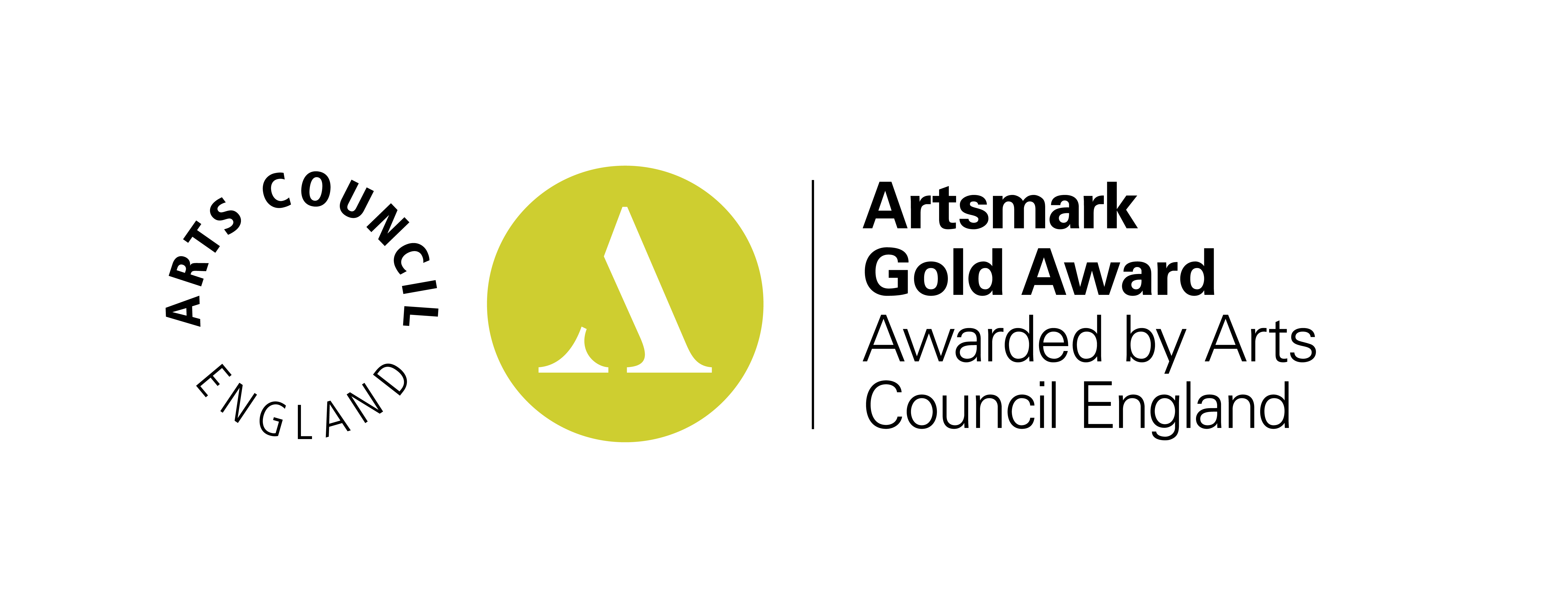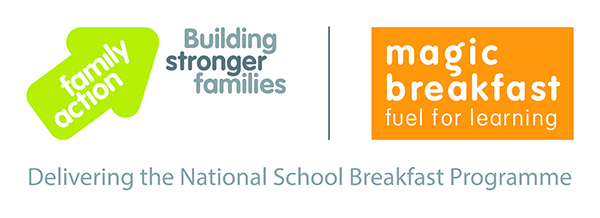Behaviour
At Bankfields Primary School, we do all that we can to keep our children safe and happy in school. We promote a positive and conducive learning culture and environment in which all children can be successful. We take a whole staff approach to positive behaviour management as all staff members are responsible for managing the behaviour of our pupils and consistency of approach is key. If children need support with their behaviour, we follow our agreed Behaviour Policy to support children and give consequences when necessary.
Thrive
We have adopted the Thrive Approach across Bankfields Primary School. The Thrive Approach helps children and young people learn about their emotions and regulate their own behaviour. It is a Trauma Informed approach which supports the mental health and wellbeing of our children as well as aiding their social and emotional development. We have four Thrive Practitioners who work across school, providing individual and group targeted intervention. Their work is supported by class teachers who implement Thrive strategies and approaches into their classroom practice.
Trauma Informed Practice
At Bankfields Primary School, we aim to create a safe and nurturing learning environment, to help children to manage their emotions, and promote connection and empathy. Our staff have all received Trauma Informed Practice training and they understand the relationship between children’s cognitive development and the impacts of trauma. Our staff also recognise the importance of building supportive and trusting relationships both with pupils and parents/carers.
Golden Rules
We have six Golden Rules which cover all aspects of school life. The rules highlight the key positive behaviours that we expect all children to follow to help create a safe and warm environment in which all children can thrive.
- Be gentle
- Be kind and helpful
- Work hard and try your best
- Look after property
- Treat others with respect
- Be a good listener
- Be honest
- Take a breath – think before you act
Golden Time
Good behaviour is celebrated every Friday afternoon with 30 minutes of golden time. During golden time, the children have access to a range of activities chosen by the children.
Rewards
In a Behaviour Policy based upon positive reinforcement it is vital that the children are made aware of the privileges, rewards and incentives which can be earned by working hard and behaving well. Children can earn stickers, responsibilities, stars, golden tokens, certificates and prizes from the golden box.
Sanctions
Although the majority of children will respond positively the school behaviour policy, there will be occasions when sanctions have to be used to enforce expected standards. Staff have a range strategies which can be used effectively in most situations.
Get it Right
If none of the above strategies are having the desired effect, the following steps are implemented as part of the Get it Right strategy. The Get it Right posters are displayed in all areas alongside the Golden Rules to remind and encourage children to follow the rules and ‘get it right’. The Get it Right posters set out the clear steps which are followed by all staff when dealing with inappropriate and undesirable behaviour.
- First the child is asked if they have a problem that needs sorting out. If yes, the member of staff will help resolve it. If no, the child is reminded of what they should be doing and encouraged to get on sensibly.
- If the inappropriate behaviour continues, the child receives their first warning, together with a reminder of what they should be doing.
- Continued inappropriate behaviour will result in time out for 5 minutes and a loss of 5 minutes of golden time.
- The next step will be reflection time in another classroom or supervised space for a limited time with a further loss of 5 minutes of golden time.
- If poor behaviour continues, the child will be taken to the headteacher’s office.
Bullying
Bullying is deliberate attempt to hurt, threaten or frighten someone. It may take the form of physical, verbal or mental abuse and/or intimidation. It may involve excluding an individual from a group, which can also be a very hurtful experience. There are occasions when children are upset because they have fallen out with friends or been hurt in the playground because another child has been careless or thoughtless. Although such incidents can be distressing and are always taken seriously and dealt with, they are not incidents of bullying.
Staff are always vigilant for signs of bullying, but it can be difficult to detect. Children and parents are actively encouraged to report any bullying behaviour to the child’s class teacher or the headteacher. Dealing with bullying behaviour is addressed on a regular basis with children of all ages through PSHRE lessons and through assemblies. Children are taught to distinguish between acts of bullying and simply having a disagreement with someone or ‘falling out’ with a friend. Our Child-Friendly Anti-Bullying Policy is given to every child and is displayed around the school. This policy was written by children for children and is regularly discussed in classes and assemblies. It defines bullying as Several Times On Purpose.
Partnership with Parents and Carers
Communication and collaboration with parents is key. Parents will be kept updated about their child’s behaviour and any concerns will be shared with parents via a phone call or an appointment after school to discuss the issue and offer support by encouraging good behaviour in school or applying sanctions at home.
Extended Reflection Time
If poor behaviour were to persist that put the wellbeing and safety of other children or staff at risk, then school will consider extended reflection time within one of our partner schools within the Trust.












